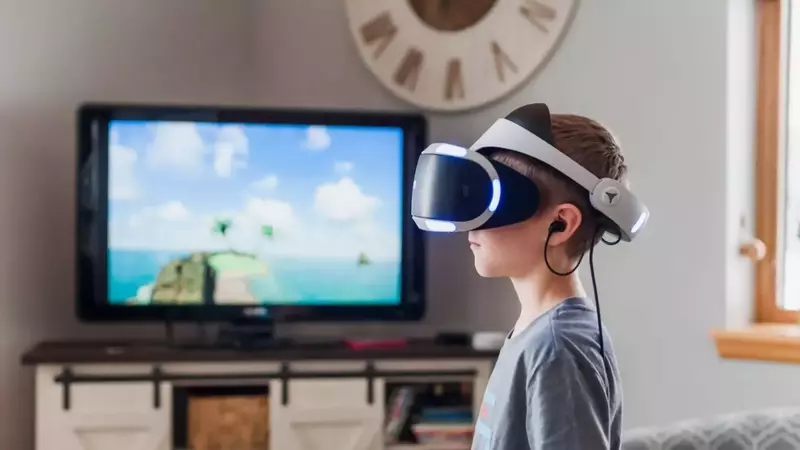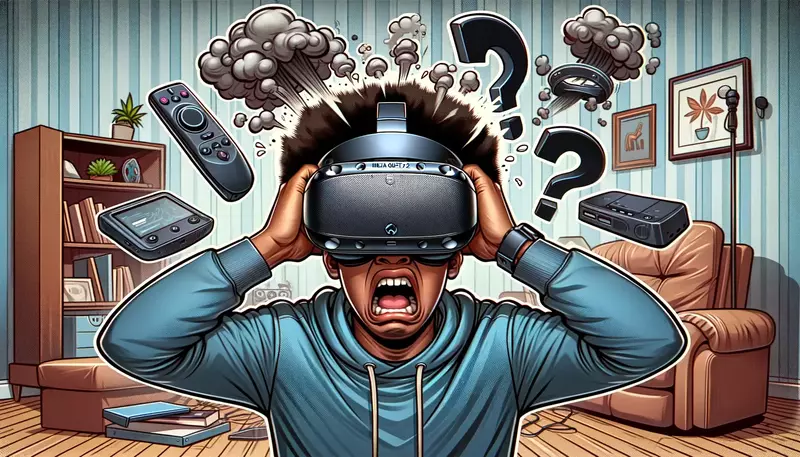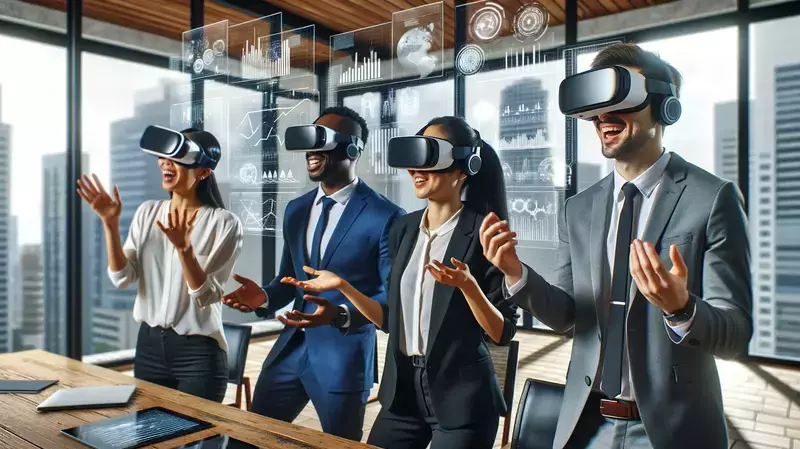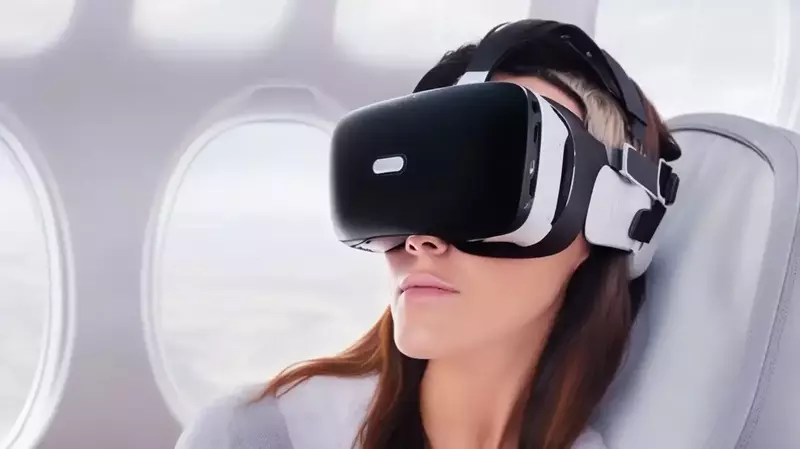This site contains affiliate links to products, and we may receive a commission for purchases made through these links.
Virtual reality is no longer just for adults. With the release of more affordable VR headsets, children are able to experience immersive virtual worlds too. And today, a lot of people ask,” Can a 10-year-old use VR?”
Yes, a 10-year-old can use VR, but Virtual reality headsets are not always safe for children under 13, according to some manufacturers.. Some of the negative effects of virtual reality gadgets include nausea, eye strain, and headache. Because of their immature bodies, these consequences might be severe in 10-year-old children.
Continue reading to discover why it may not be a very good idea to allow your 10-year-old to use VR.

Can a 10-Year-Old Use VR?
The VR marketplaces are dominated by three companies: Oculus, HTC, and Sony. However, all VR gadgets come with the same safety warning: “Children under the age of 12 should not use this VR equipment.”
The long-term implications of virtual reality on children’s eyesight are unclear, and makers don’t want to be sued in the future. We also know that virtual reality causes.
- Eyestrain
- Nausea
- Headaches
These kinds of side effects are more severe in kids than in adults. Let’s dive deeper and look at the individual effects that VR can have on children.
VR and the Vision of a 10-Year-Old
If kids use virtual reality on a daily basis, they are more likely to develop eye issues. These consequences may severely harm children under the age of 12. There are also more reasons to avoid exposing your youngster to virtual reality.
After wearing VR headsets, children without any vision difficulties are more likely to acquire ocular abnormalities such as myopia (nearsightedness) or temporary double vision.
Disorientation and balance concerns are other possible side effects of these gadgets.
VR Leads to Eye Strain in Children
It’s fairly unusual for people to have eye pain after using virtual reality gadgets for a short time. We also discovered that some individuals could use virtual reality for extended periods without experiencing problems.
Children’s eyes, on the other hand, are unique. Their eyes are more sensitive than that of adults.
The VR’s display is 2 inches away from the eye. As a result, children’s eyestrain will develop fast. They may not notice their eye aches right away since the VR experience will take their breath away.
However, persistent exposure might result in complications.
READ MORE! How Long Can You Play In VR Per Session? (Solved!)
VR May Lead to Physical Harm in a 10-Year-Old
Children do not follow safety guidelines strictly as adults do. A 10-year-old may get wrapped in virtual reality cables or try to run or walk while wearing the headset. It may lead to an accident.
Some VR headsets, such as the PlayStation VR, fully hide your view of your surroundings and do not detect obstructions. When wearing a VR headset, it’s not unusual for adults to run into objects.
Adults often fall and get terrified by VR experiences. VR has the potential to terrify a child if not properly monitored. It may result in life-long trauma for the children.
The Child May Suffer from Virtual Reality Sickness
VR sickness may include one or more of the following:
- Seizures
- Convulsions
- Dizziness
- Eye muscle cramps
- Eyestrain
- Altered vision
- Loss of consciousness
- Disorientation
- Motion sickness
- Headache
- Nausea
Though the effects vary greatly amongst adults, children may have higher eye strain and headaches as a result of VR.
On the other hand, many parents believe that their kids may use VR without experiencing any noticeable ill effects. That may be the case. However, the long-term consequences of virtual reality on a child’s eyesight are unknown.
Some VR Gadgets Are Not Made for Children
Both Sony and Oculus claim that their virtual reality headsets are not suitable for children. It’s because their VR headset isn’t the right size for kids. The interpupillary distance (IPD) of children differs from that of adults.
Eye strain is caused by unfocused and poorly fitted VR. Because of the IPD mismatch, VR equipment meant for adults will elicit nausea in 10-year-old children. For this reason, manufacturers advise against allowing youngsters under the age of 13 to utilize virtual reality.
They further suggest that children above the age of 13 should only be permitted to use the headset if an adult is there to supervise them.
READ MORE! 18 Tips & Tricks For Oculus Quest 2 (You Need To Know!)
FAQs
How should a 10-year-old use VR?
It is, however, important that you prevent your child from using Virtual Reality at all so that you prevent the effects that come with using it.
Is It Safe for My 10-Year-Old to Use Oculus?
Can VR Cause Brain Damage to My 10-Year-Old?
The technology is still new, and more analysis and development are required.
Final Thoughts
It is not safe for a 10-year-old to use VR because of the effects it has on the children. The effects can be short-term, like a headache, to long-term effects like mental and physical harm.
I hope this article helps you understand these effects well to make an informed decision concerning your 10-year-old child using VR.

Espen
Espen is the Director of PursuitMeta and has written extensively about Virtual Reality and VR Headsets for years. He is a consumer product expert and has personally tested VR Headsets for the last decade.




Leave a Reply